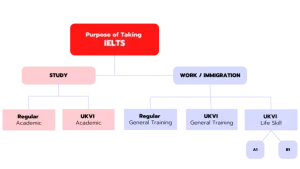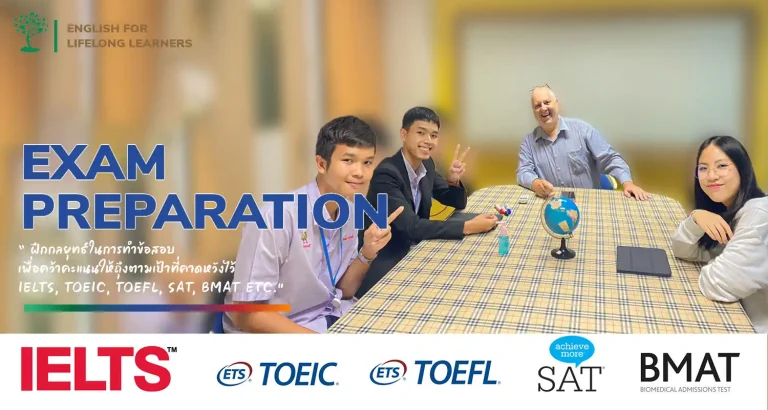

The IELTS (International English Language Testing System) is a standardized test that assesses proficiency in listening, reading, writing, and speaking. It is designed for individuals who need to use English for academic studies or professional purposes, evaluating their ability to communicate effectively in an English-speaking environment.
IELTS scores are recognized by over 10,000 organizations worldwide, including government agencies, educational institutions, and leading organizations across 140 countries, such as Thailand, Australia, Canada, New Zealand, the UK, and the US. Additionally, IELTS is the only English proficiency test accepted by immigration authorities in multiple countries.
IELTS Testing Types
IELTS is divided into two main test types, designed to match the specific purposes for which test-takers intend to use their scores.
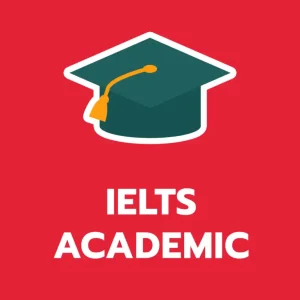
IELTS Academic
For test-takers aiming to use their scores for higher education or professions requiring specialized expertise, this test assesses academic-level English proficiency to ensure readiness for academic and professional environments.
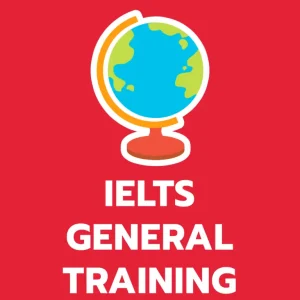
IELTS General Training
For those applying for non-degree programs, jobs, or immigration visas to Australia, Canada, New Zealand, and the UK, this test measures practical English skills for everyday communication and workplace interactions.
What’s the Difference Between IELTS and IELTS for UKVI?
IELTS and IELTS for UKVI are identical in terms of format, content, scoring, and difficulty level. The only difference is that IELTS for UKVI is approved by the UK Home Office for work, study, and immigration purposes.
If you take IELTS for UKVI, your Test Report Form (TRF) will have a slight variation to indicate that the exam was taken at an official UKVI-approved test center.
*If your destination is the United Kingdom, you may need to take the IELTS for UKVI. Please check the specific test requirements with your organization or visa provider to ensure you take the correct exam.
IELTS COURSE

IELTS FOUNDATION
Level : Pre-Intermediate

IELTS STRATEGIES
Level : Intermediate

ADVANCED IELTS
Level : ADVANCED
Pathways

Mock IELTS
When a student completes the mock IELTS test, the current skills level of each student is determined and a training program is then prepared according to his/her own needs. This allows the student to receive the preparation required before the actual IELTS test is taken.

IELTS Analysis
The gap between the mock IELTS score and the target average band score is calculated for each of the four skills. The number of hours required to achieve the target are calculated according to the difference in the current score and the target. In order to achieve 1 band higher score overall, a total of 200 study hours are recommended.
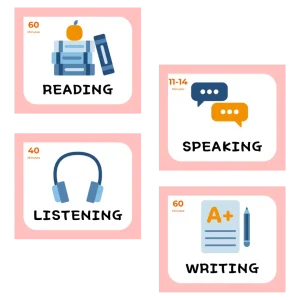
(Reading, Writing, Speaking and Listening)
IELTS Workshop
After your Mock IELTS analysis, you'll receive insights into your preparation timeline, how many more points you need to reach your target score, and the key areas to improve for success.


